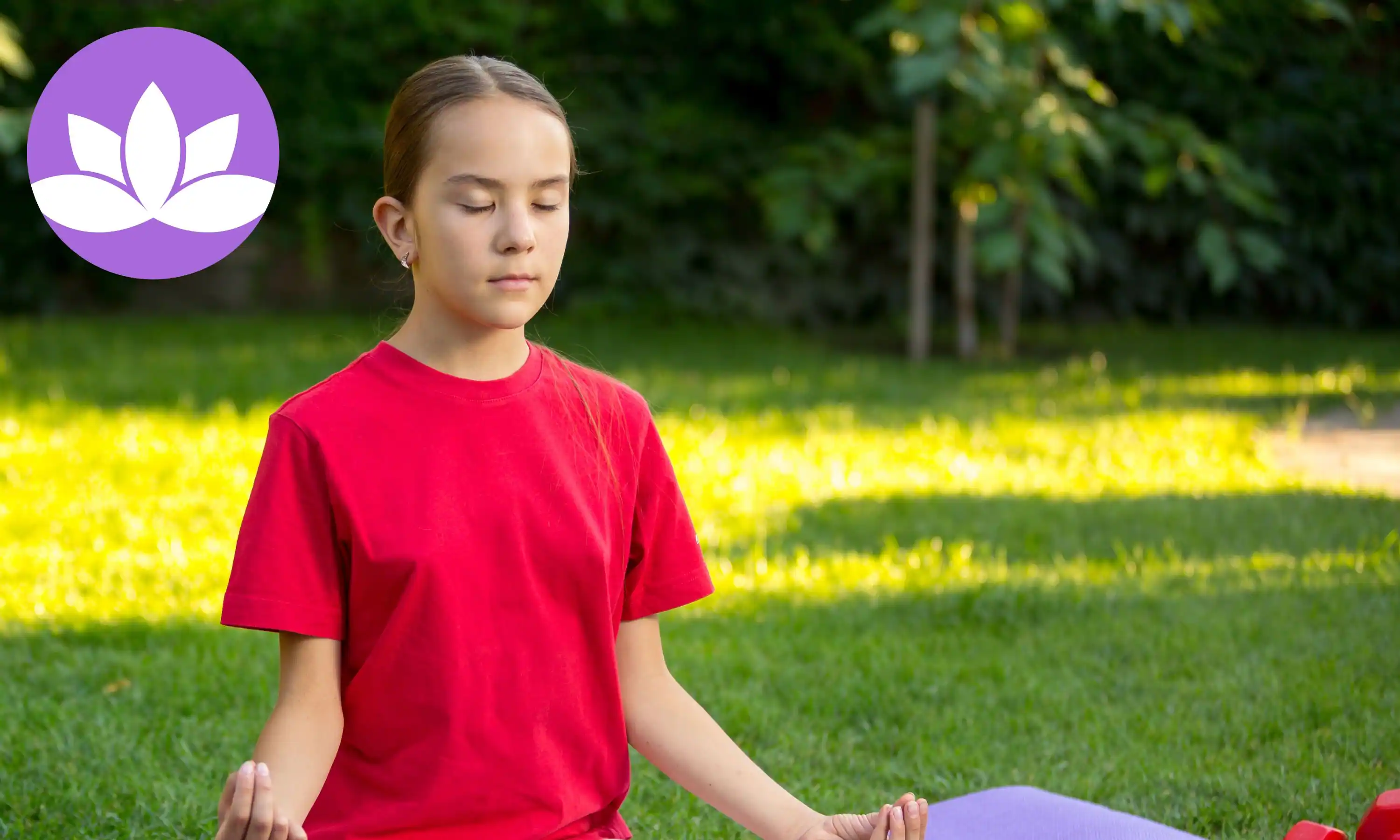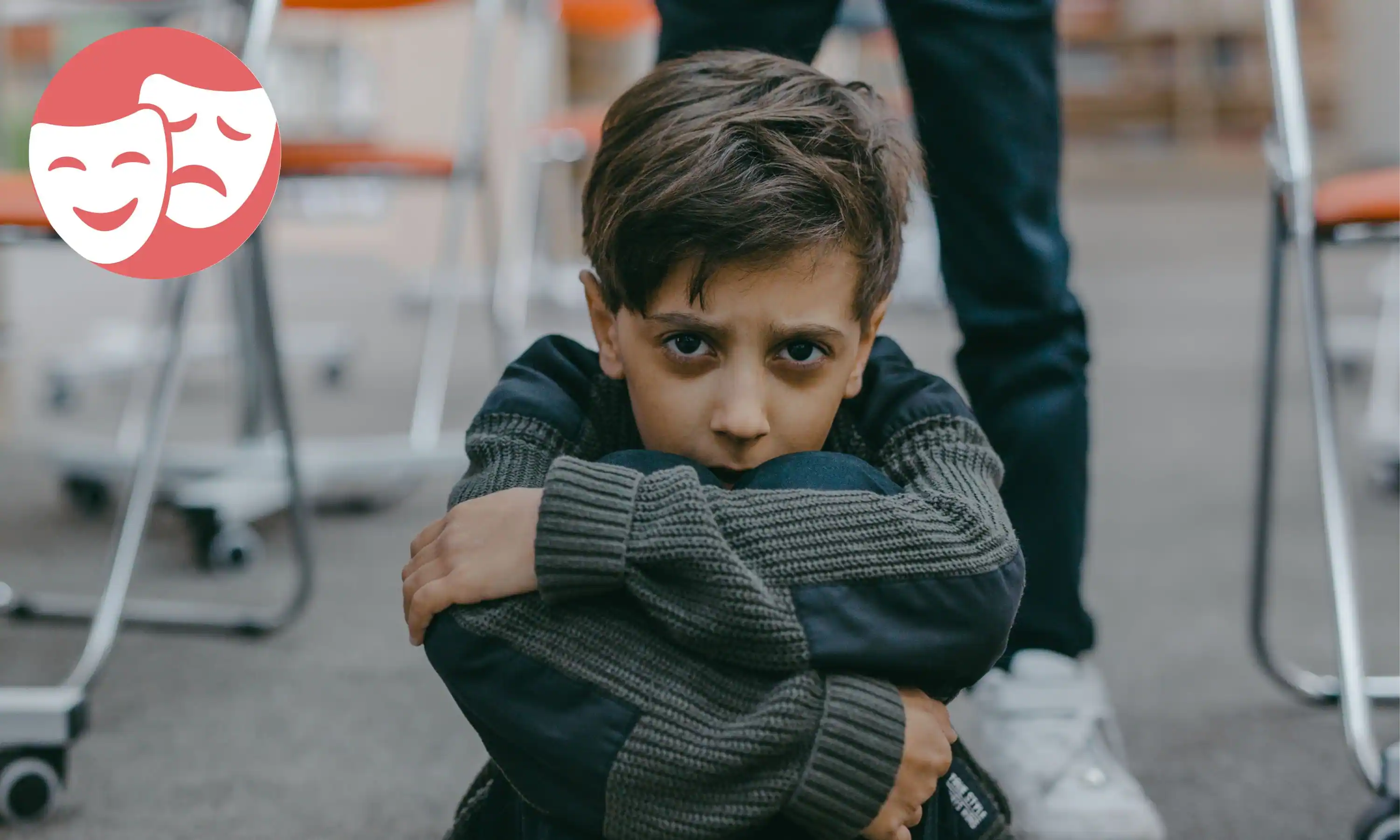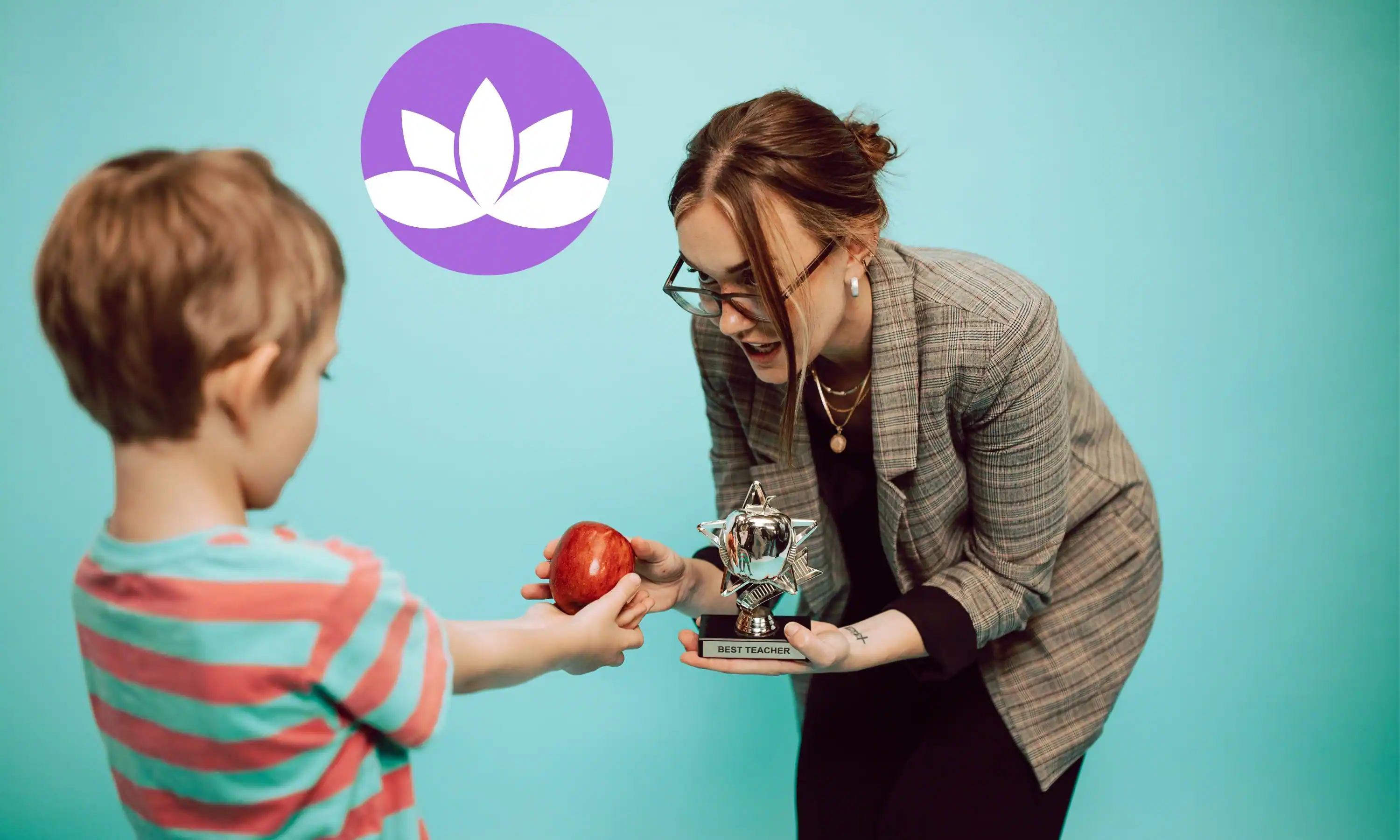Help Your Child Heal and
Find Light Again
Guide them through grief with mindfulness, comfort, and emotional strength.
Finding Strength After Loss
Designed with educators, backed by psychology, and
easy to integrate into your school’s
routine.

Plan Objectives
 Managing Overwhelming Emotions
Managing Overwhelming Emotions
Teach mindfulness techniques to help children cope with grief and fear.
 Adapting to Change
Adapting to Change
Equip children with emotional tools to handle uncertainty and life changes.
 Encouraging Growth
Encouraging Growth
Foster a positive mindset that helps children move forward while honoring loss.
 Building Resilience
Building Resilience
Strengthen a child’s ability to adapt, learn, and grow through grief.
Why This Plan?
This plan addresses the following challenges by developing targeted skills

My child has fears that overwhelm them

My child becomes upset when plans change

My child does not have future goals

My child rarely says, “Thank you.”
My child has fears that overwhelm them
How This Plan Helps
Provides strategies to manage overwhelming emotions and find inner calm.
Skill: Fear Management
Course: FearLESS: Building Brave Young Hearts
My child becomes upset when plans change
How This Plan Helps
Helps children accept and adapt to life’s changes with emotional strength.
Skill: Resilience
Course: Resilient You: What is Resiliency?
My child does not have future goals
How This Plan Helps
Encourages mindfulness practices to help children refocus on the present and future.
Skill: Meditation
Course: Meditation Foundation: Breath & Self-Awareness
My child rarely says, “Thank you.”
How This Plan Helps
Helps children develop a habit of gratitude, reinforcing emotional well-being.
Skill: Gratitude
Course: What is Gratitude?
01 Coping with Fear and Anxiety
Teaches mindfulness techniques to calm overwhelming emotions and fears.
02 Adjusting to Life Changes
Helps children navigate unexpected changes with resilience and emotional balance.
03 Finding Purpose After Loss
Encourages children to focus on personal growth and future goals.
04 Practicing Gratitude Daily
Encourages children to reflect on positive experiences and express appreciation.
Real-Life Applications
How this plan's skills apply to real-world scenarios for everyday success
Courses Included


Meditation Foundation: Breath & Self-Awareness
Mindfulness
Meditation
Course Details:
Modules: 4 |
Lessons: 33
Mindfulness Skills: Develop mindfulness to enhance focus, manage emotions, and reduce stress.
Self-Awareness: Cultivate awareness of thoughts, feelings, and behaviors to foster personal growth.


FearLESS: Building Brave Young Hearts
Emotional
Fear Management
Course Details:
Modules: 4 |
Lessons: 32
Understanding Fear: Recognize fear’s role and learn when it’s helpful or harmful.
Coping Strategies: Explore methods to manage fears like social anxiety and failure.


Resilient You: What is Resiliency?
Emotional
Resilience
Course Details:
Modules: 4 |
Lessons: 31
Resilience Building: Enhance resilience through effective goal-setting and learning from setbacks.
Emotional Regulation: Improve well-being by developing skills for managing stress and emotions.


What is Gratitude?
Mindfulness
Gratitude
Course Details:
Modules: 4 |
Lessons: 32
Emotional Benefits: Understand how gratitude boosts mood and overall well-being.
Gratitude Principles: Apply the four principles of gratitude to enhance practices and relationships.
Meet the Course Creators

Mariel Reyes
Meditation Foundation: Breath & Self Awareness
Mariel Reyes
Meditation Foundation: Breath & Self Awareness
Mariel is an engaging and experienced yoga and meditation teacher with over a decade of experience. She holds a 200-hour Meditation Teacher Training certificate from The Three Jewels, one of the most well-known meditation studios in New York City. As a seeker and student of meditation, she has taken part in meditation retreats from upstate New York, all the way to an ashram in India. Trained in the Tibetan Buddhist lineage, she brings her knowledge and understanding of ancient meditation teachings and practices and fuses them with simplicity and accessibility. She encourages children to be playful, curious, and inquisitive when exploring mindfulness and meditation. In addition to her expertise in meditation, yoga, and wellness, Mariel has more than 15 years of experience teaching children of all ages.

Lauren Hudak
FearLESS: Building Brave Young Hearts
Lauren Hudak
FearLESS: Building Brave Young Hearts
Lauren Hudak is an educator with over eight years of experience. After graduating from the University of Virginia with degrees in English Literature and Media Studies, she went on to get her Masters in Teaching from New York University. Lauren has worked with all ages of students from Pre-K through college, but she thrives when working with middle schoolers. She believes this is the perfect age to integrate mindfulness, technology, and social emotional learning into student learning objectives. She wants to help students conquer their fears and build a better world. When she’s not teaching, Lauren loves being outdoors, traveling and spending time with her family.

Dr. Kymberli Barker
Resilient You: What is Resiliency?
Conflict Resolution Foundations
Dr. Kymberli Barker
Resilient You: What is Resiliency?
Conflict Resolution Foundations
Dr. Barker is the mother of two fantastic young men, and they are her priority in life. She holds degrees in biochemistry, math, forensics, and psychology. She is a consultant and a professor at multiple colleges, including the Citadel, and Johns Hopkins Center for Talented Youth. She spent fifteen years in public education, prior. Her personal focus is child advocacy and she developed the Guardian ad Litem/(GAL)/CASA program for the Eastern Band of Cherokee Indians. She is tribally and state sworn as a GAL. Her favorite thing is being a mom.

Kerry Wadsley
What is Gratitude?
Kerry Wadsley
What is Gratitude?
Following a degree in Elementary Education at Penn State (USA), Kerry Wadsley taught at The Elms School, UK for over 10 years, teaching students from 0-11 years. She taught in Key Stage 2 as well as being the Special Educational Needs Coordinator at the school. In 2016, she gained a Master’s in Education from the University of Nottingham (UK). Her passion lies in helping students to achieve their potential and eliminating any barriers to learning.
Sample Lesson Preview 
Meditation Foundation: Breath & Self-Awareness
What is mindfulness?
When to Practice Mindfulness
You don't need to wait for a stressful time to practice mindfulness. The practice of being mindful is available to you any time of the day! Taking a moment to take a deep breath during the course of your day, or stopping to admire a freshly bloomed flower is a way of practicing mindfulness. When you are slowing down and being present in the moment, you are being mindful.
Sample Lesson Preview 
FearLESS: Building Brave Young Hearts
Fight, Flight, or Freeze
The Triple F’s of Fear
Fight, Flight, and Freeze are the three basic ways that our bodies respond to threats.
Your brain might decide that fighting the danger is best. For example, if you are faced with an unfriendly animal, you might yell or throw things at it to try to get it to go away. You might have learned to wave your arms and stomp your feet. You’re trying to prove that you are the bigger threat so the animal will leave you alone!
Sometimes, flight is the best option. Your brain wants to get you out of a dangerous situation quickly. This could mean physically running away from something scary, but it could also mean avoiding something that you find intimidating. For example, maybe it means not raising your hand in class because you’re scared you’ll get the answer wrong in front of others.
The last “F” stands for freeze. Sometimes, your brain can’t make a decision. Instead of fighting or running from the danger, you freeze up. You might have a hard time speaking or yelling, your mouth might go dry, or you might feel faint or lightheaded.
Sample Lesson Preview

Resilient You: What is Resiliency?
What is Resilience?
What is Resilience?
What exactly needs to be developed to become resilient?
Many agree there are different levels of resilience to be expected at different ages and even in different fields.
For example training on military resilience is very different from how we would discuss it with teens. This course will introduce concepts for variations and provide links to additional information.
For now, we are going to begin with the idea of the 7 Cs mentioned by Coach Reese. Here they are again in case you missed them: Confidence, Competence, Connection, Character, Contribution, Coping, Control.
These seven concepts really summarize where we need to focus our attention to become stronger in certain areas of our lives.
The students will be developing their personal research focusing on one or more of these areas.
You might consider researching along with them. Where do you think you might work a bit more on skills for bouncing back?
Sample Lesson Preview 
What is Gratitude?
Benefits of gratitude in the long term
Long Term Benefits
In addition to the short term benefits of practicing gratitude, there are a number of long term benefits as well. The long term benefits for teens include:
- Better grades in high school
- Greater involvement in your own communities
- Better mood and mental health
Adults also experience benefits from repeated gratitude practice. This includes:
- Better mental health
- Better physical health
- Reduced inflammation
- Living longer
These benefits can help us to keep our minds and bodies healthy, while providing increased enjoyment of life. Gratitude practice can make a big difference in your life.
